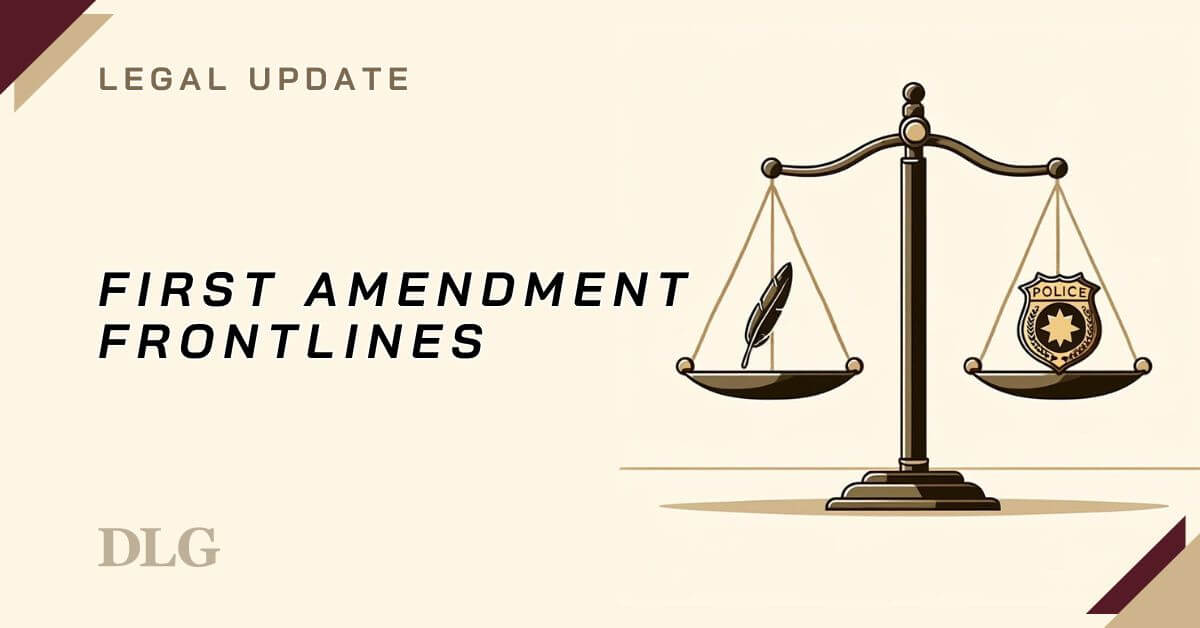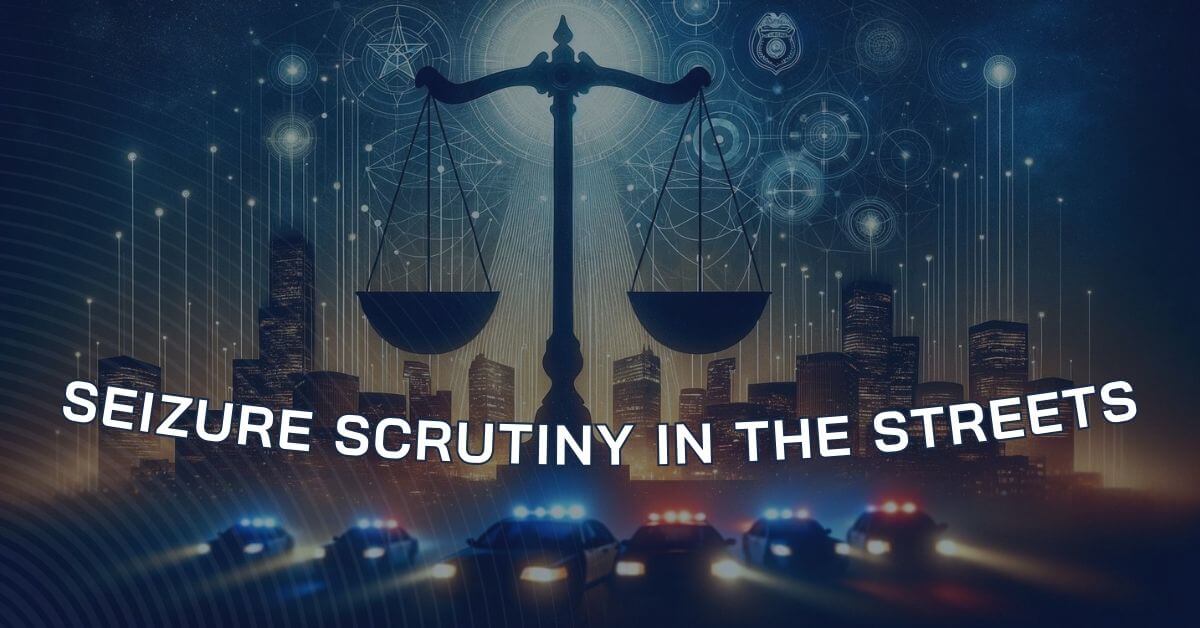When it comes to rental cars there seems to be a never ending number of questions: should I spring for the optional insurance, why do we have to be twenty five before we can rent one and most importantly, does an unauthorized and unlicensed operator have standing to challenge the search of a rental car? In a recent case out of the 2nd Circuit, the appellate court determined that an unauthorized operator who is also unlicensed is operating the vehicle illegally, and therefore, has no standing to challenge the search.
While the 2nd Circuit case may set precedent for those of you in New York, Connecticut and Vermont, the 8th Circuit, which covers the states of Arkansas, Iowa, Minnesota, Missouri and Nebraska, has a different opinion.
FACTS
The defendant, CJ Bettis, was a drug dealer in the Minneapolis area and was known to transport heroin from Chicago to Minneapolis. Officers learned that Bettis was in the process of moving heroin back to Minneapolis in a vehicle rented by his wife, so officers set up a surveillance of their return route. Minnesota State Police observed Bettis speeding on I-94 and pulled the car over.
Bettis presented a license identifying him as “Vernon Silas” and a female passenger in the car gave officers a different account of their route than Bettis did. The trooper recognized Bettis and confirmed that he did not have a license. The rental contract listed Bettis’s wife as the only authorized driver.
Officers smelled the odor of marijuana emanating from the car and a police K-9 alerted officers that drugs were in the vehicle. This led to a search that uncovered remnants of marijuana in the center console. Suspecting that there were additional drugs in the car, the officers towed the car to the police impound lot and dropped Bettis and the occupant at a nearby garage. The next day, a second police K-9 alerted to drugs and officers sought a search warrant to fully search the vehicle. The second search uncovered over two hundred grams of heroin secreted in the driver’s headrest.
Bettis was indicted and filed a motion to suppress with the trial court. The trial court denied the motion finding that, while Bettis had standing to challenge the search, the officers were authorized to impound the vehicle which led to them obtaining a warrant to conduct the second search. This appeal followed.
EIGHTH CIRCUIT FINDINGS
The court first addressed the question of standing; the prosecution argued that Bettis had no standing because the rental was coordinated by a “strawman” and Bettis was unlicensed. The appellate court disagreed, claiming that the court had long set a precedent that an unlicensed and unauthorized driver retained his expectation of privacy in the vehicle.
The court then turned to the question of the search itself; the court looked at the following facts in determining that impounding the vehicle was allowed under the law:
- Bettis gave the officers a false name and license and was therefore unlicensed;
- Bettis did not identify his wife as the authorized lessee;
- Bettis and the passenger gave inconsistent stories about the reason for their travel;
- The rental agreement period was a day overdue; and
- The canine alerted to the presence of drugs at the scene.
Affirming the trial court’s ruling, the court determined that “as more facts came to light, law enforcement properly decided to conduct a more thorough search than flashlights on the shoulder of a busy highway allowed”.
TAKEAWAYS
The question of standing for an unlicensed and unauthorized operator of a rental vehicle continues to be handled in different ways by different appellate courts. It is important that you understand the “rules of engagement” required in your jurisdiction.
If you are unsure of the case law in your area or the court has not yet reviewed the issue, we suggest you treat the operator with any 4th Amendment considerations as you would a licensed, authorized operator. It certainly can’t hurt to go the extra mile and proceed with caution. At the end of the day you may save a great case and prevent a long and drawn out court process.
United States v. Bettis, 946 F.3d 1024 (8th Cir. 2020)



